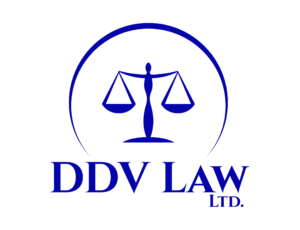Are payable on death (POD) accounts a simple way to pass assets to heirs or are they a mistake? With a POD account, you name a beneficiary who gets the account when you die. The person you name has no rights to the money until you die, so you can spend it all or change the beneficiary. When you die, the beneficiary simply needs to show the financial institution your death certificate and his or her identification, and the money is theirs. This works for bank accounts, certificates of deposit and even sizeable brokerage accounts.
In a perfect world, this works, but we live in an imperfect world where unintended consequences can happen. Here are some real-life cases that evidence that POD accounts can be more trouble for an estate than a well-drafted estate plan.

For example, what if the client has 13 grandchildren and wants to leave her CDs to her grandchildren. What if she forgets to include one? That actually happened on a case, and bringing the 13th grandchild into the fold caused taxable gifts.
If the POD account does not reflect the previously and well-established Will, what then? If the Will provides that the estate is to be split equally among three children, and the investment account goes only to one child, what was the Decedent’s true intent? Generally, this type of inconsistent planning raises questions and can lead to estate litigation, which is costly, time consuming, and extremely emotionally draining on the family.
Don’t take shortcuts with your estate planning! Meet with an experienced elder law attorney to assist you.


Amy Delaney, thank you for your blog post.Really thank you! Awesome.